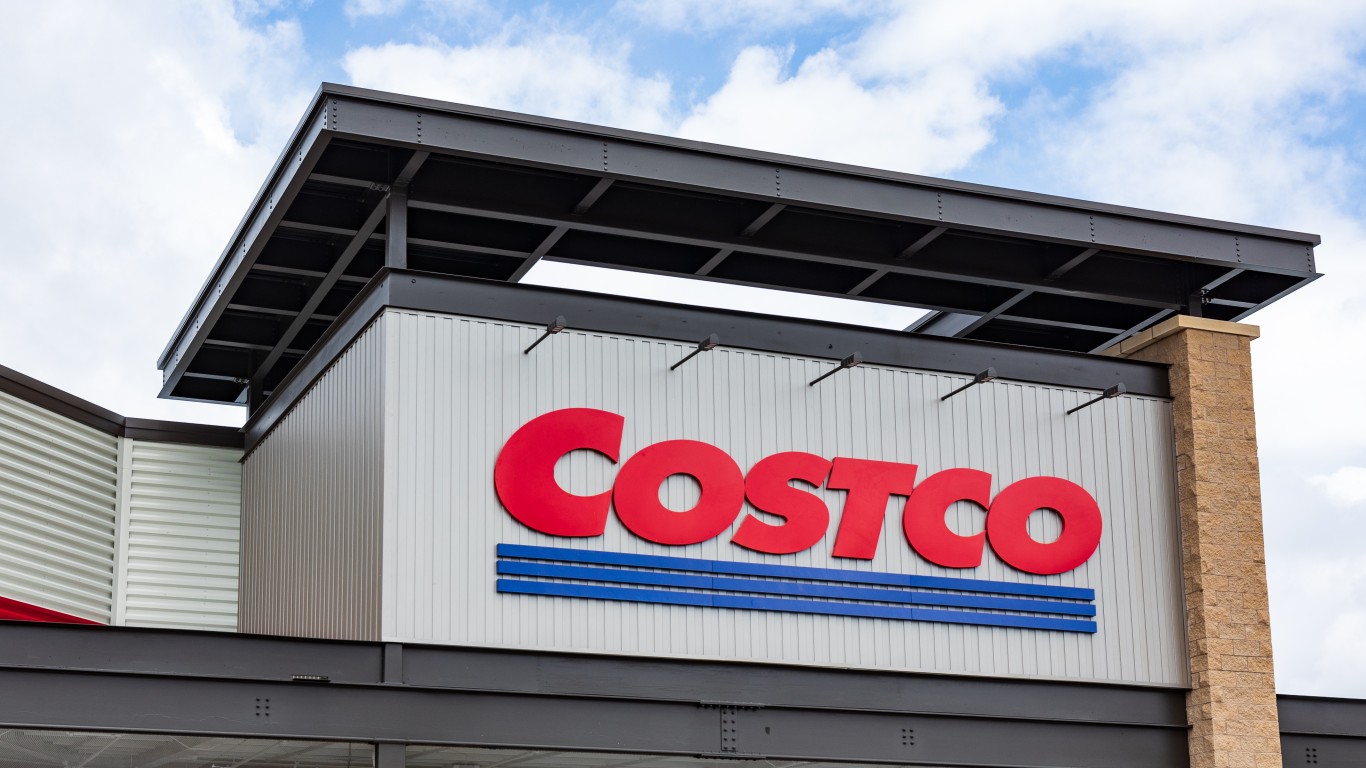 After perusing the list of 52-week lows this afternoon, there was a surprising name: Campbell Soup Co, (NYSE: CPB). Shares are trading down over 3% and south of $25.00 late today, and the previous 52-week trading range was $25.50 to $40.85. When you see stocks hitting 52-week lows, particularly after a 6-week rally and a week of only modest profit taking, you just have to wonder how bad things are. We would normally consider Campbell Soup as a defensive stock, but it is trading as though it is a luxury brand that the consumer is choosing to live without.
After perusing the list of 52-week lows this afternoon, there was a surprising name: Campbell Soup Co, (NYSE: CPB). Shares are trading down over 3% and south of $25.00 late today, and the previous 52-week trading range was $25.50 to $40.85. When you see stocks hitting 52-week lows, particularly after a 6-week rally and a week of only modest profit taking, you just have to wonder how bad things are. We would normally consider Campbell Soup as a defensive stock, but it is trading as though it is a luxury brand that the consumer is choosing to live without.
It was just April 2 that it entered into an agreement to acquire artisan bread maker Ecce Panis, Inc. And it was just on March 26, that the company announced its $0.25 quarterly dividend. On February 23, the company issued a 15% drop in its profits and revenues were down 4%. Shares were at $26.70 on that day, and it has just not participated at all in the rally. The share price was right around $30 at the start of February and shares were right at $30.00 at the start of 2009.
Is the world so bad right now that Campbell is a luxury brand? Does it have that much currency risk? The company’s portfolio includes powerful retail and food service brands, including: Campbell’s, Pace, Prego, Swanson, StockPot, V8,and Pepperidge Farm. Each of these brands is #1 or #2 in its category or segment. Its operations in North American represents $5.2 billion in sales, with operations in the United States, Canada, Mexico, and Latin America. Its international operations in Asia and Europe represents $1.5 billion in sales.
We never thought of Campbell’s as being a luxury brand. But there are cheaper brands of soup and products out there. This could even partly be attributed to grocery store private label brands getting more and more market share as shoppers try to pinch pennies.
What is interesting is that analysts have not trimmed much off estimates over the last 90-day period. We would also assume that its operating costs are much lower than they were a year ago. With an $8.8 billion market cap, we would probably caution against hoping for a major buyout here in today’s climate.
It sure looks like the speculation is out there that the business is just not being run as well as it could be. Still, for this to be on the 52-week lows has to make many investors scratch their heads.
JON C. OGG
Take Charge of Your Retirement: Find the Right Financial Advisor For You in Minutes (Sponsor)
Retirement planning doesn’t have to feel overwhelming. The key is finding professional guidance—and we’ve made it easier than ever for you to connect with the right financial advisor for your unique needs.
Here’s how it works:
1️ Answer a Few Simple Questions
Tell us a bit about your goals and preferences—it only takes a few minutes!
2️ Get Your Top Advisor Matches
This tool matches you with qualified advisors who specialize in helping people like you achieve financial success.
3️ Choose Your Best Fit
Review their profiles, schedule an introductory meeting, and select the advisor who feels right for you.
Why wait? Start building the retirement you’ve always dreamed of. Click here to get started today!
Thank you for reading! Have some feedback for us?
Contact the 24/7 Wall St. editorial team.



